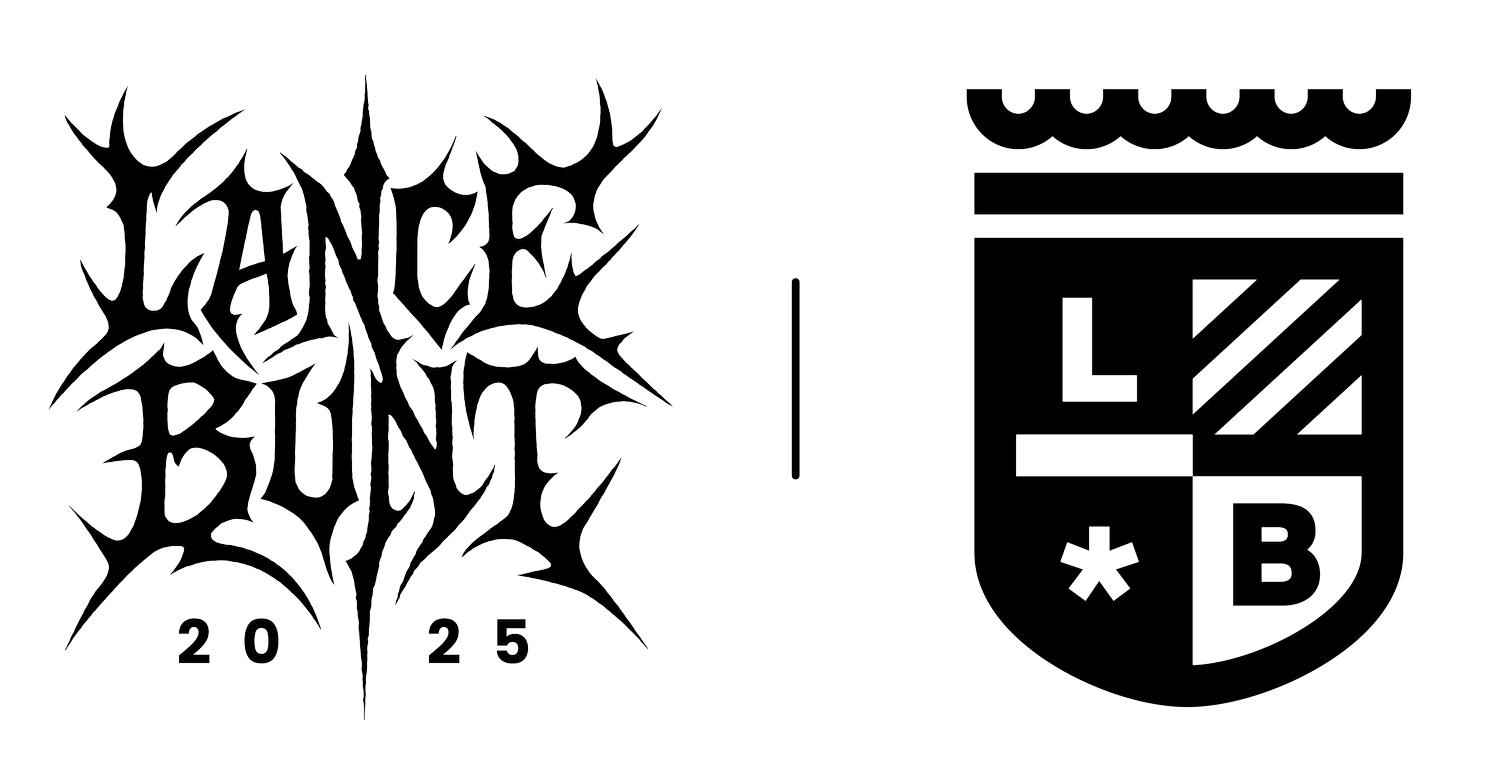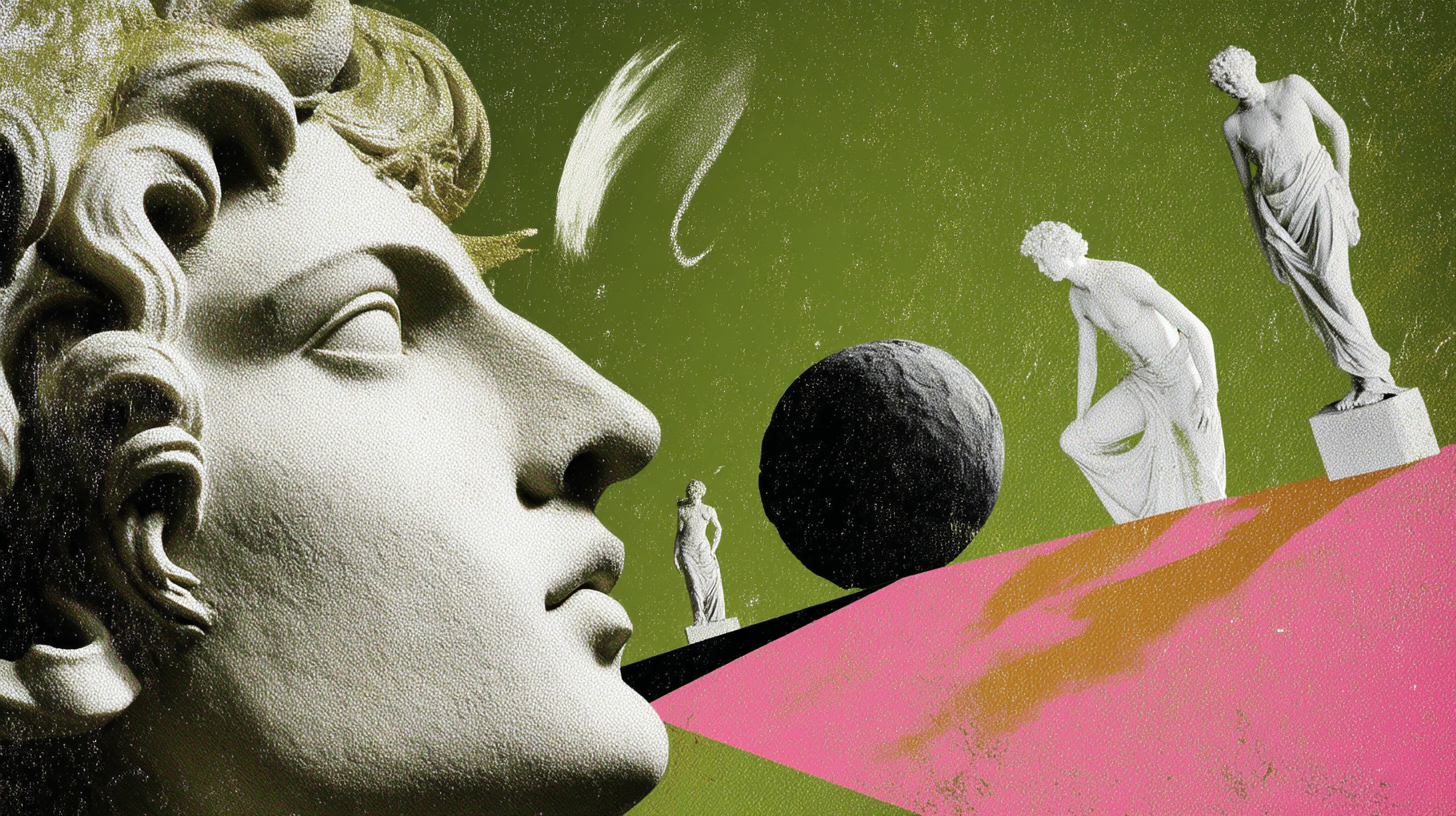The Longing That Binds Us: Conatus, Belonging, & the Sacred
Image created using Midjourney (2025).
What do people actually want?
It isn’t wealth. Not truly. Nor power, fame, or the fever dream of unfettered, unbroken leisure. These are the shadows cast by a deeper desire. We seek not to have—but to be.
We are not creatures of contentment; we are creatures of conatus.
Conatus: the eternal striving, the pulse of persistence that beats within every living thing. To live is to press forward, to assert the self against dissolution, to claim a space in the world that is not just a life, but our own.
…And yet we live in a culture that sells satiation in place of satisfaction. It teaches us to feed the fire of our appetites while forgetting the hearth in which that fire ought to burn. In this carnival of distractions, our true yearning is obscured. Sargon puts it plainly: even those who reach the apex of material success so often find it barren. Because they have arrived somewhere—but not home.
The Mirage of Desire
The modern world mistakes indulgence for fulfilment. We are bombarded with visions of tropical escapes, luxury homes, and endless status symbols. But these are not destinations of the soul. They are momentary stops on a restless journey. These things do not answer the real question: What is the point of doing what I am doing, once my base needs are met? As Sargon notes, satisfaction is persistently masked by satiation. And the lizard brain, fed but unfulfilled, keeps screaming.
True desire is not a list of cravings. It is a direction—a yearning for rightness. For wholeness. For something enduring.
Touchstones of Meaning
We know what we want not through definitions, but through fiction. We recognise it in touchstones—those stories, places, or people that stir our hearts with longing. A song that takes us back. A smell that stops us cold. A street we’ve never walked but feel we’ve always known.
These echoes are not accidents. They are glimpses of the sacred.
As Sargon explains through genre—horror reveals its goal in the feeling it provokes. Likewise, the feeling of nostalgia may be the most honest indicator of our unspoken yearning. It is not escapism. It is memory tinged with meaning. It points not backward, but inward, to what we once had or could have had, and by extension, to what we ought to have.
Home Is Not a Place
The true object of nostalgia is not the past. It is home. But home is not walls or a mortgage. We crave not the mere comfort of four walls, but the gravity of relationship—to people, to place, to time. The longer we remain somewhere, the deeper the ties become. Not because routine is sacred, but because roots are. This is why romance moves us. Not because it is pretty or warm, but because it promises a shared mythology. A future that feels fated. A sense that in this person, this partnership, this family—we are co-authoring something meaningful.
The Return to the Sacred
In the absence of religion, ideology becomes religion.
In the absence of community, fandoms become tribes.
In the absence of meaning, we construct false idols—status, spectacle, likes.
…But these are hollow echoes.
The real sacred is not in temples or constitutions. It is in the act of striving toward what is good, true, and enduring—whatever form that takes for each of us. It is in the rituals that bond us. The stories we inherit and pass on. The deep, unspoken knowledge that this matters. The sacred is how the conatus finds its form. It channels raw will into worthy purpose. It makes sense of sacrifice and gives weight to our wandering.
This is why people yearn for tradition—not as rules, but as roots. For identity—not as limits, but as lineage. For story—not as entertainment, but as orientation.
Final Word
This is the longing that binds us. The great lie is that humans are selfish creatures. The truth is: we are story-bound creatures. We ache for narrative, not novelty. We want to be part of something that came before us and will go on after us.
So what do people actually want?
We want home.
We want love that endures.
We want to be part of a myth we helped make.
We want a place in the world that says: you are meant to be here.
And that is not weakness. That is conatus.


